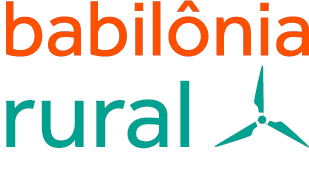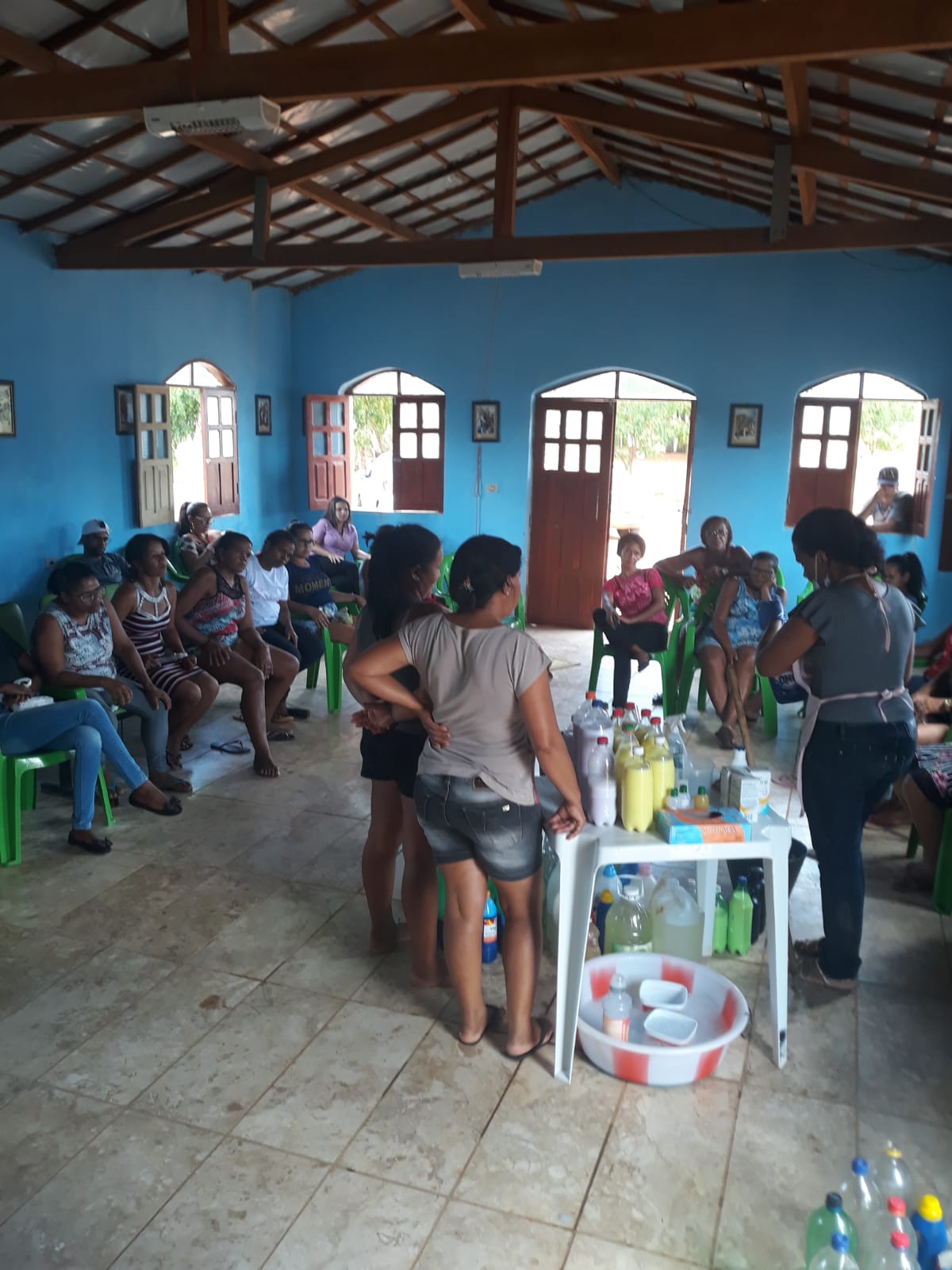Ethics and Responsibility
Contributing to a sustainable country, generating clean energy and having a low impact on the environment since its implementation and operation, is part of the commitment of Eólicas Babilônia, which, in addition to legal obligations, works with the proposal of generating paths of transformation and direct development impact on the communities surrounding its wind farms.

Babilônia Rural Project
The Project is an initiative of Eólicas Babilônia whose proposal is to promote the implementation of a Support Program for Development and Entrepreneurship in the communities located near the enterprise.
Objective is to generate work and income for the communities of Gitirana and Olho D'Água do Facundes, in the municipalities of Ourolândia and Morro do Chapéu, respectively, in the state of Bahia, through social interventions and training aimed at the competitiveness and sustainability of rural properties and from fostering innovation, entrepreneurship and the diffusion of social technologies for the production and management of good community practices.
Lines of action
1. Family farming: development of poultry and beekeeping activities.
2. Productive Improvement and Stimulation of the Local Chain: market insertion of producers and strengthening of cultures practiced by the territory.
3. Youth and Women Entrepreneurship: offering professional training courses in the areas of confectionery, hairdressing, barber and IT.
Technical scope
- Implementation of productive structures: 11 aviaries, three apiaries, one Honey House, one Ration Factory and an Egg Warehouse.
- Technical training for agricultural practice: theoretical and practical workshops on poultry and beekeeping techniques.
- Rural technical advice: individualized monitoring of the producers served by the project by an agricultural technician specialized in the themes.
- Professional training: training of residents in courses in confectionery, hairdressing, barbering and information technology, prioritizing young people and women.
- Communication and social dialogue: preparation of quarterly newsletters communicating the results of the project and issues of relevance to the project.
- Monitoring and evaluation: analysis of the project's effectiveness, efficiency and effectiveness by conducting bimonthly monitoring and evaluationex-ante, intermediate (half-yearly) and ex-post.
Statistical information
Although some beneficiaries are repeated in the thematic axes Family Agriculture and Entrepreneurship of Youth and Women,the Babilônia Rural Project has an estimated coverage of 70% of the territory.
This, therefore, the communities are formed by family nuclei, which means that even if a family has not been directly benefited, possibly it will have a family relationship with some other that was.
The average household income per capita of the beneficiaries of the Family Agriculture theme, before the project started, was R$ 280.95.
The expectation is that the Babilônia Rural Project will contribute with an average increase of at least R$ 250.00 to beneficiary families through the sale of eggs and honey.
The technical scope of the Babilônia Rural Project was designed based on a social diagnosis of the territory elaborated in December 2017, which pointed out the main characteristics of the communities of Gitirana and Olhos D’água do Facundes, emphasizing local vocations, potentialities and vulnerabilities.
Poultry and beekeeping activities have therefore been identified as a local vocation.
Agriculture is the main productive activity of the communities. Agricultural technical training is an important element of performance of the Babilônia Rural Project.
In addition, individualized rural technical advice, an aspect that did not exist in communities until then, is also another area of activity of relevance to the project.
The objective is for the activity to be strengthened based on effective and sustainable practices, making it possible to produce on a scale, increasing household income.
Before the project, 65.8% of the beneficiaries' families had not had any contact with professional training courses, be they technical, professional training or higher.































